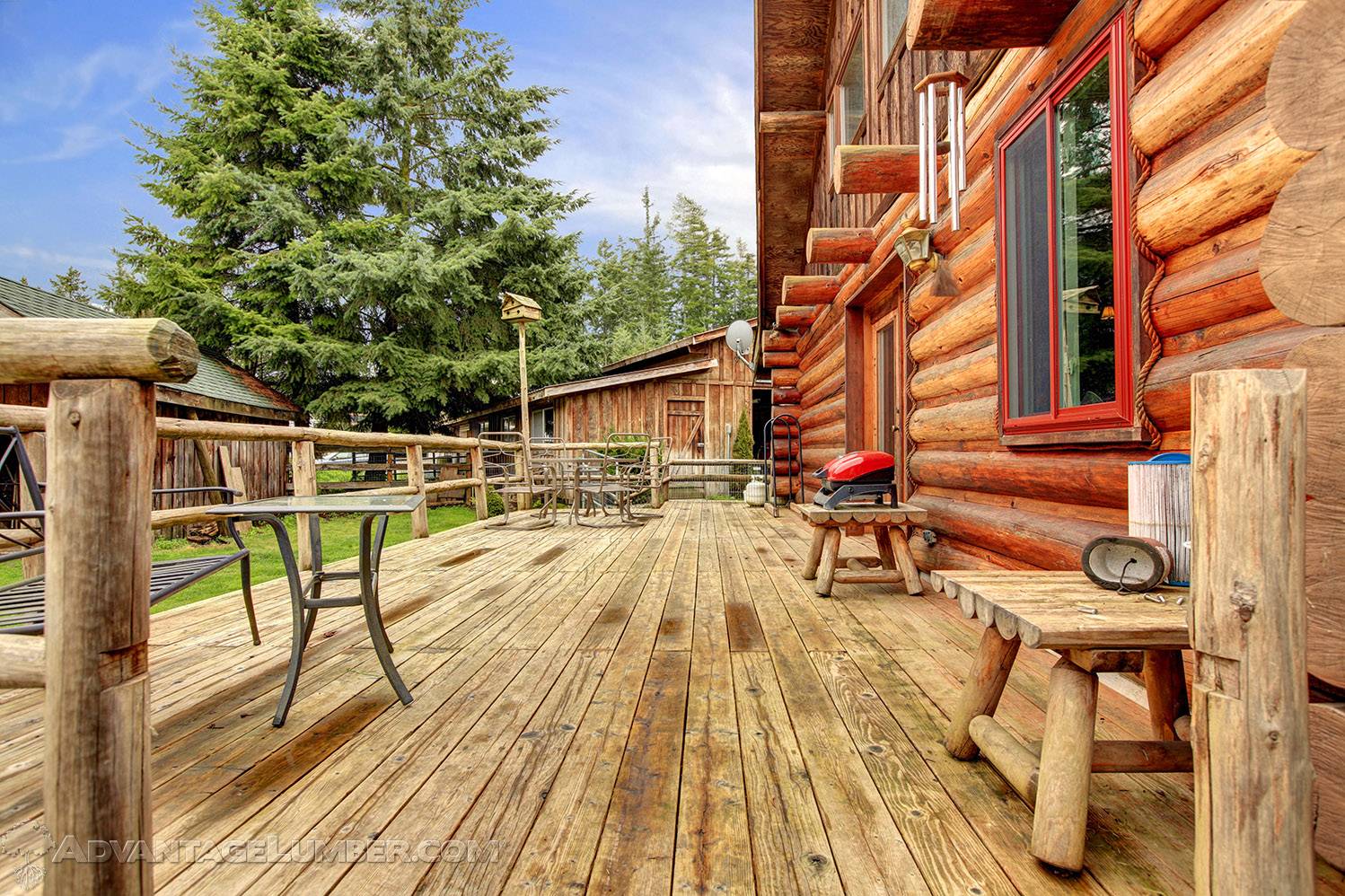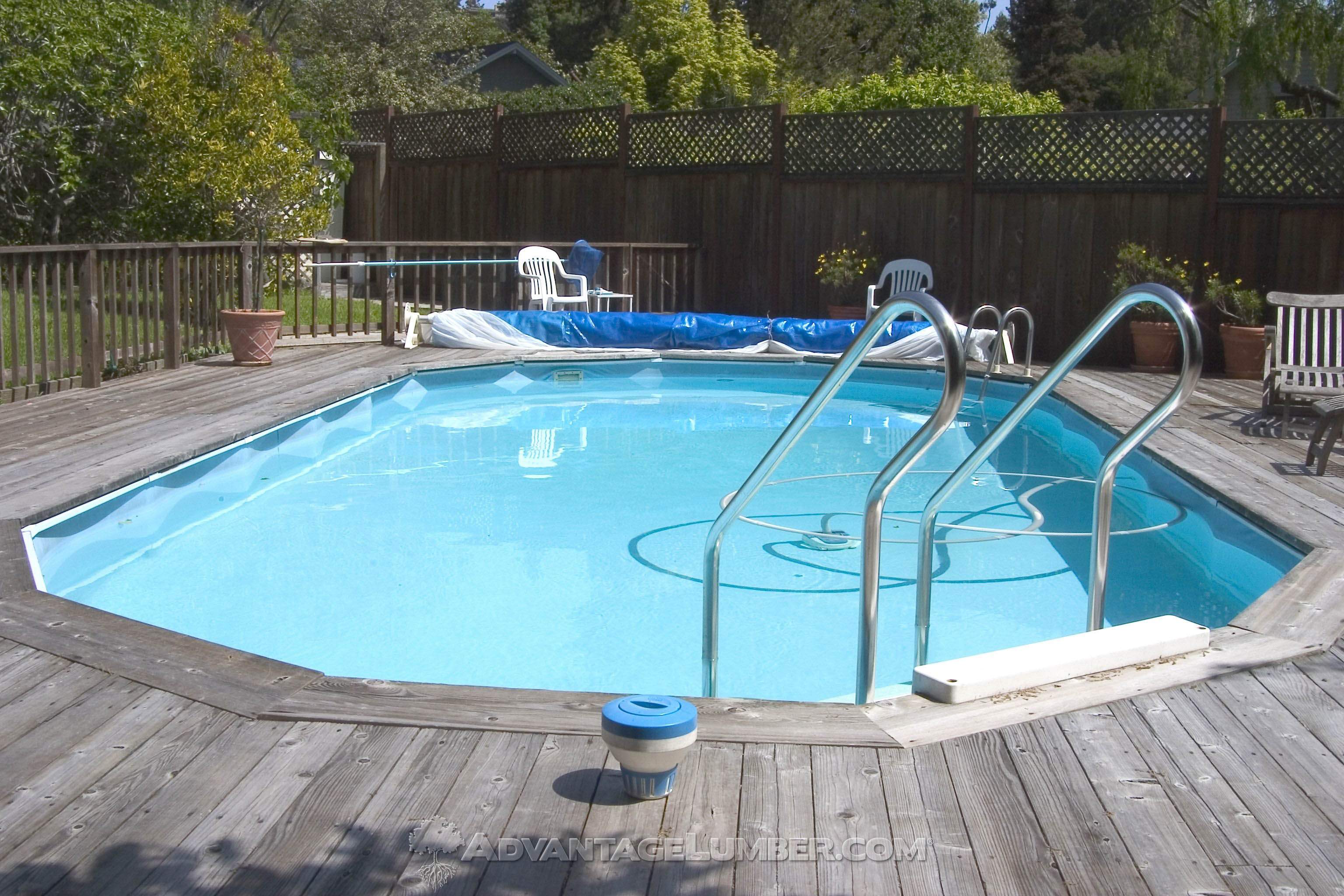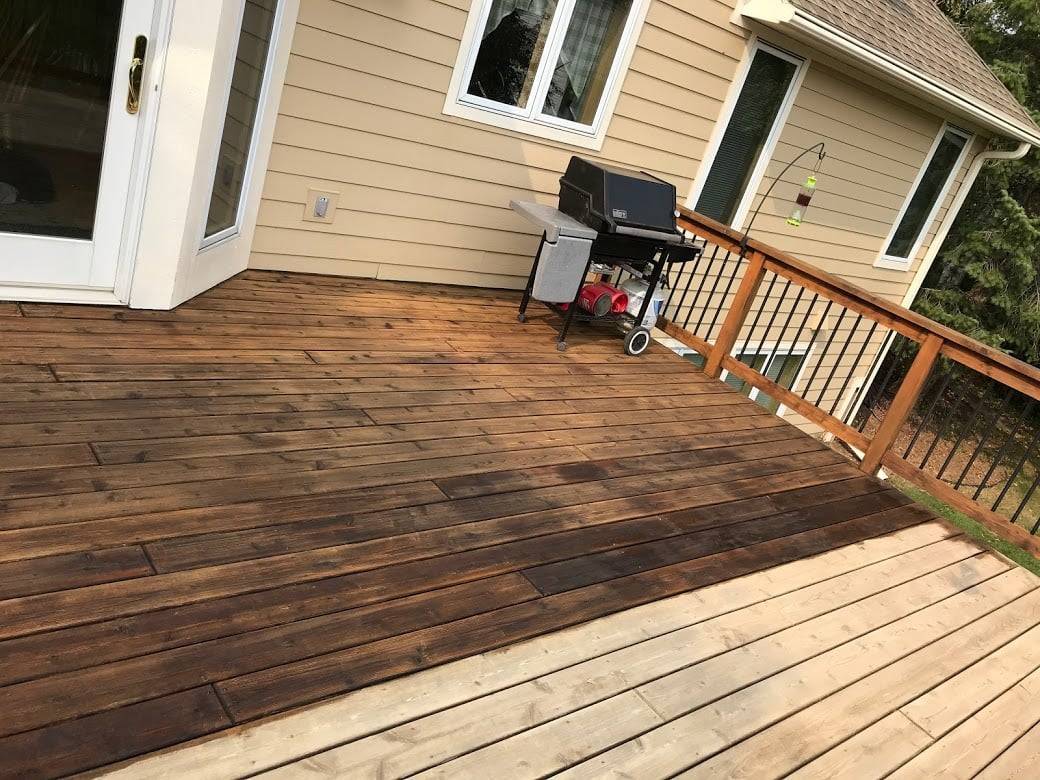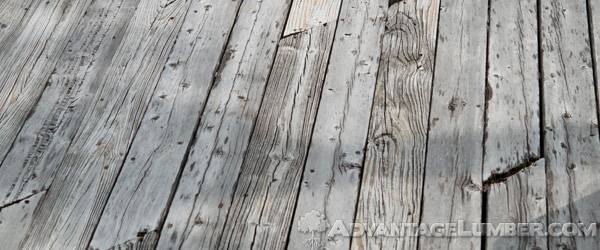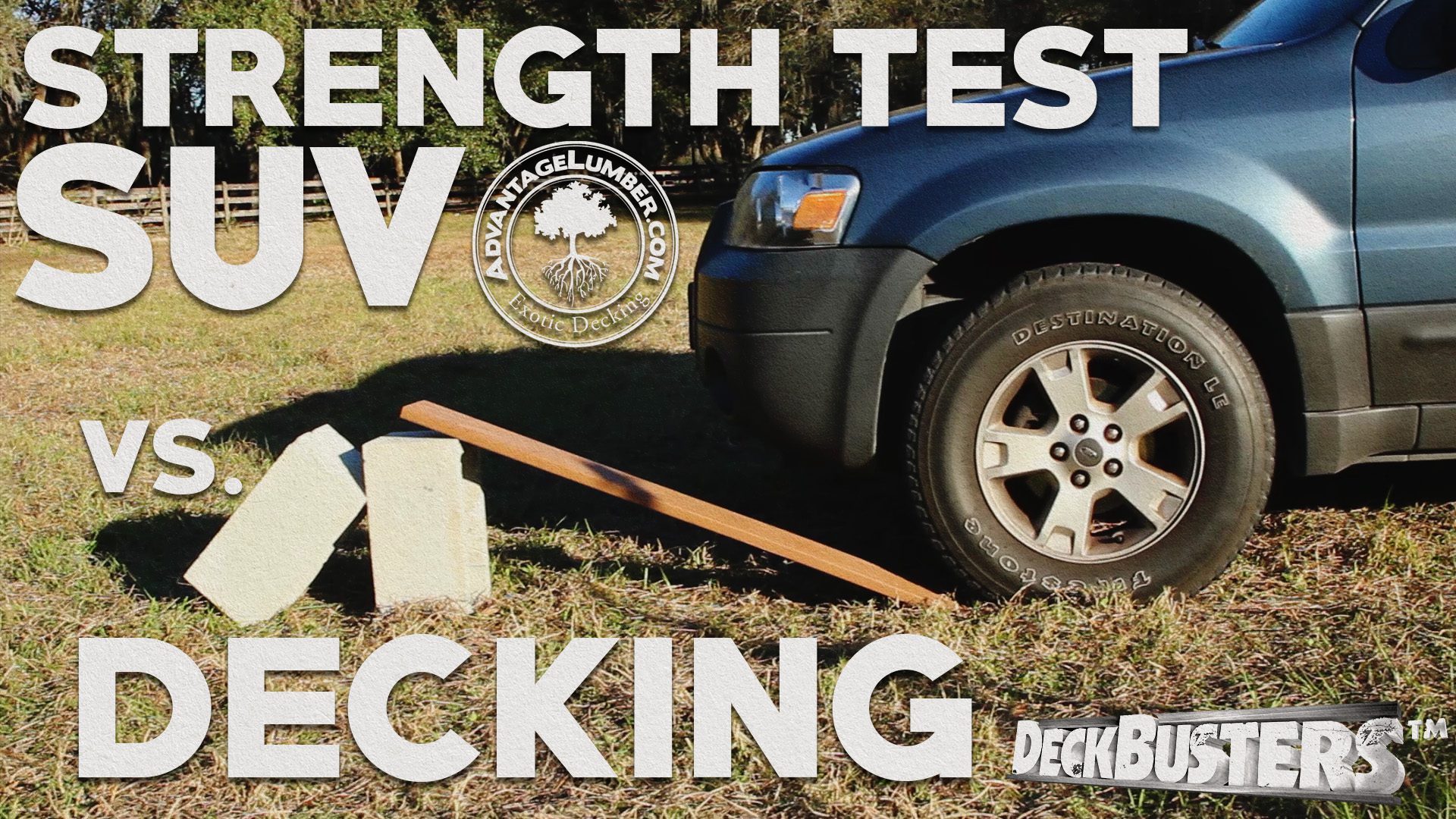Is Pressure Treated Wood Better for Decks?
When it comes to building a deck, homeowners face a big decision: what material should they choose? Pressure treated wood has long been a go-to option, especially for those who love the look and feel of real wood but are working with a tight budget. It’s affordable and widely available, making it an attractive choice …
